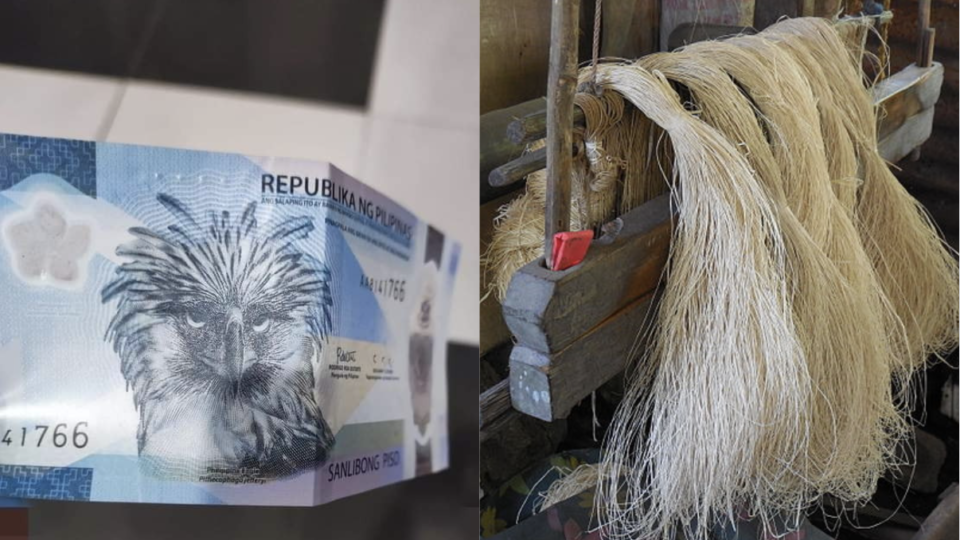Amid the controversy surrounding the issuance of the new PHP1000 polymer bills, a farmer’s group has urged the Bangko Sentral ng Pilipinas (BSP; Central Bank of the Philippines) to stop the production of the polymer banknotes and resume the usage of abaca fiber in bills as it has affected the income of abaca farmers and their families.
“The Federation of Free Farmers (FFF) has joined the growing clamor to stop the production and issuance of polymer P1,000-notes by the Bangko Sentral ng Pilipinas,” the group wrote in a statement.
“The BSP’s decision during the last administration to discontinue the use of abaca in making these notes has also reduced the market and incomes of some 200,000 abaca farming families in 56 provinces,” FFF president Dioscoro Granada said, adding that the BSP “had disregarded the concerns of the Department of Agriculture and abaca industry stakeholders on the matter.”
According to the FFF, the country earns about US$100 million yearly from the manufacture and export of abaca-based products.
In November of last year, officials from Catanduanes, a province involved in the abaca industry, opposed the BSP’s move to replace abaca fiber as the primary material for banknotes, arguing that it would be detrimental to the livelihood of abaca farmers and producers, whose products make up 30 percent of abaca production in the country.
READ: Catanduanes officials oppose BSP shift to polymer banknotes
The group said that they also supported Senator Koko Pimentel’s resolution to “investigate the reasons and alleged lack of transparency behind the BSP’s shift to polymers and its consequent impact on the average citizen, the abaca industry, and the business sector.”
Senator Pimentel earlier questioned the production of the new polymer bills and the growing complaints about its practical use, calling the polymer replacement “absolutely absurd” after a social media post alleged that a retail establishment did not accept a polymer banknote that was folded in half.




